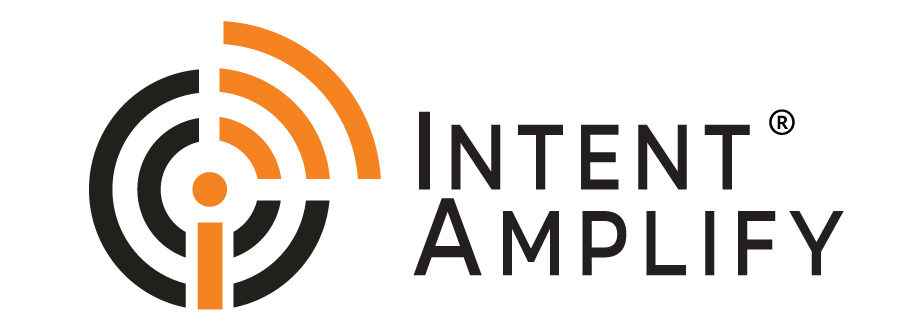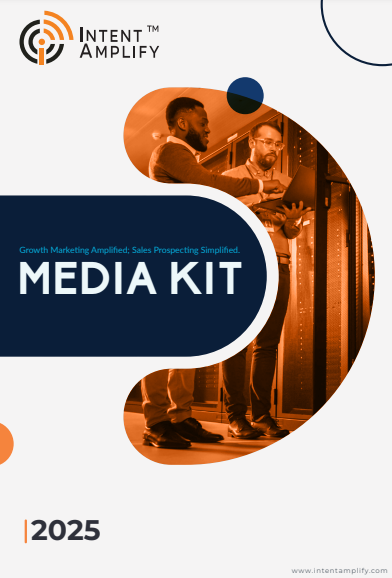
Minding Legal and Ethical Considerations in B2B Lead Generation
- Last updated on: December 2, 2023
Lead generation is a critical and complex aspect of B2B sales and involves legal and ethical considerations. Given how driven the process is, the legal aspect of B2B lead generation which comprises compliance and ethics is often overlooked. For a sales employee, for whom it’s all about achieving their numbers and matching their targets, ethics take a back seat. After all, what can go wrong?
To think of it, there’s a lot that could if the rules and regulations are not followed while sourcing leads. And by that, we mean penalties, damaged reputation, and even potential legal action. In this article, we will more than brush over the ethical considerations encompassing lead generation and what is the need to prioritize consent, privacy, and ethical conduct.
What are the Legal and Ethical Considerations in Lead Generation?
Legal and ethical considerations in B2B lead generation involve practices that comply with applicable laws, regulations, and ethical standards while respecting the privacy and preferences of individuals. It is all about obtaining prospective customer data lawfully with express consent. Here are 2 key principles that summarise all aspects of legal and ethical lead generation:
- Data Privacy and Informed Consent:
When it comes to collecting someone’s data, explicit consent is a non-negotiable aspect of ethical consideration in B2B lead generation. This means going beyond “implied” or “assumed” consent. It’s about obtaining clear, affirmative action from the individual, such as checking a box and clicking “I agree.” Once you have this consent, treating the collected data with utmost care is imperative. It should be stored securely, recognizing it as the valuable asset it is. This commitment to explicit consent and secure data handling is crucial not only for ethical reasons but also to comply with legal standards surrounding data privacy.
- Truthfulness and Transparency:
Representing your product or service accurately and transparently is not just a matter of integrity; it’s a legal and ethical obligation. Misrepresentation can have severe consequences, eroding consumer trust and exposing your organization to potential legal issues. Throughout the lead-sourcing process, ethical boundaries in communication must be clearly defined and strictly adhered to. Misleading information can not only harm immediate transactions but also jeopardize long-term business relationships and damage your organization’s reputational standing. Clear, truthful communication is key to maintaining trust and operating within ethical and legal parameters.
How do you ensure compliance?
The practical steps outlined are crucial for organizations to navigate the intricate landscape of rules and regulations governing B2B lead generation, ensuring both legal compliance and ethical integrity in their practices.
Due Diligence:
- Conduct thorough research and verification before implementing any lead acquisition strategies.
- Confirm that leads are sourced ethically and comply with relevant laws.
- For example, when purchasing email lists, ensure vendors have explicit consent from individuals, following regulations like GDPR or CCPA.
- Verify compliance with industry-specific guidelines, such as HIPAA in healthcare, to safeguard patient information.
Compliance Training:
- Organize regular training sessions to keep teams updated on evolving laws and regulations affecting lead generation.
- Conduct annual seminars covering updates in laws like GDPR, CCPA, or industry-specific regulations like HIPAA.
- Provide practical tools, such as checklist templates or software solutions, to manage consent effectively.
Ethical Framework Development:
- Establish a comprehensive ethical framework tailored to legal lead generation practices.
- Define permissible sources for lead acquisition, processes for obtaining explicit consent, and secure data storage methods.
- In specific sectors, like finance, include steps for customer due diligence in line with anti-money laundering laws.
- This framework not only guides the team but also demonstrates the organization’s commitment to ethical practices.
By integrating these steps into B2B lead generation operations, organizations commit to ethical behavior and legal compliance, leading to several benefits such as:
- Enhanced Brand Reputation: Demonstrates a commitment to responsible and ethical practices, building trust with stakeholders.
- Minimized Risk: Proactive adherence to regulations reduces the risk of legal issues, penalties, or damage to the organization’s reputation.
- Operational Success: Well-trained teams, thorough due diligence, and ethical frameworks contribute to smoother operations and sustainable growth.
These steps are not just preventive measures but proactive strategies that contribute to the overall success, credibility, and sustainability of an organization engaged in lead generation.
What are some non-ethical practices in lead generation?
Unfortunately, some practices in B2B lead generation can be considered non-ethical or unethical due to their deceptive, manipulative, or exploitative nature. Here are examples of non-ethical practices:
- Using false or exaggerated claims in advertisements to attract leads.
- Automatically opting users into services or subscriptions without their explicit consent.
- Creating content or headlines that lure individuals in with sensationalism but fail to deliver meaningful information.
- Collecting personal information from individuals without their knowledge or explicit consent.
- Advertising a product or service at a certain price or with certain features and then changing the terms after gaining the lead’s interest.
- Engaging in telemarketing or cold calling without checking against “Do Not Call” lists or without prior permission.
- Sending unsolicited marketing emails to individuals who have not opted in to receive them.
- Stealing or misusing personal information for fraudulent purposes.
- Making promises about products or services that cannot be fulfilled, leading to disappointment.
- Disregarding or intentionally violating data protection laws and regulations, such as GDPR or CCPA.
- Withholding information about how data will be used, leading to a lack of understanding or consent from the individuals.
These non-ethical practices not only harm individuals but can also result in legal consequences and damage to a business’s reputation. Ethical lead generation practices in B2B are essential for building trust and maintaining positive relationships with customers.
What are the best practices for ethical lead generation?
- Clearly articulate data policies in an accessible privacy policy.
- Implement opt-in mechanisms, informing users about data collection and usage.
- Consider double opt-in for genuine user interest in email subscriptions.
- Safeguard user data with robust security measures against breaches.
- Practice responsible data retention, deleting information when no longer necessary.
- Ensure third-party vendors adhere to strict data security and privacy standards.
- Send marketing emails only to those who explicitly opt-in, providing easy unsubscribe options.
- Comply with “Do Not Call” lists and regulations in telemarketing practices.
- Create preference centers for users to specify communication types and frequency.
- Facilitate easy opt-out mechanisms, promptly respecting user choices.
- Ensure accuracy in representing products or services in all content and advertisements.
- Avoid deceptive tactics, clickbait, false promises, or misleading information.
- Conduct periodic audits of lead generation processes for ongoing compliance.
- Stay informed about changes in data protection laws and adjust practices accordingly.
Conclusion
Ethical consideration in B2B lead generation transcends a mere legal requirement; it emerges as a moral obligation. Placing emphasis on transparency, obtaining informed consent, safeguarding data, and honoring user preferences becomes a cornerstone for businesses to establish trust, preserve their reputation, and nurture enduring customer relationships. In the contemporary landscape driven by data, ethical lead generation ceases to be merely a commendable business practice; it evolves into an indispensable element for ensuring sustainable growth and long-term success.




